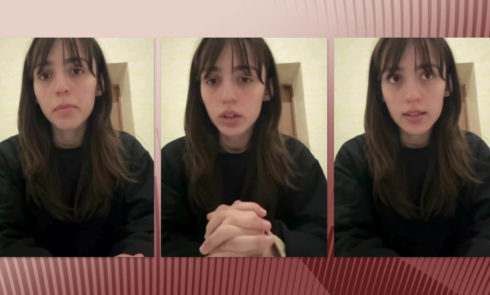Millions—perhaps billions—of social media users routinely post images of themselves online without thinking too much about it, most simply trusting in the fact that since so many others have done exactly the same thing, then it must be “okay.” Since the advent of ubiquitously available digital technology in the late 1990s, pretty much the majority of the human race has embraced the curious notion that memorializing their personal data (such as photographs) into the enormous maw of the internet—a global communication tool and database accessible to nearly everyone—could be accomplished without any personal consequences. The allure and commonality of posting such images has, over the past two decades, become so second nature that most of us now carry a device in our purses and pockets specifically designed to do just that.
However, in light of rapidly evolving advances in Artificial Intelligence (AI) technology that allow such online images to be manipulated and altered, this may be the time to re-think just what we’re doing when we post that selfie or other image of ourselves on Instagram, Facebook, or TikTok. As explained by Benj Edwards, writing for Ars Technica, “New AI image-generation technology allows anyone to save a handful of photos (or video frames) of you, then train AI to create realistic fake photos that show you doing embarrassing or illegal things.”
We’re not talking Photoshop-style pranks, either. As Edwards’ article explains, AI technology currently available to the general public can recreate or alter photographic images to the point where they are virtually indistinguishable from the real thing. Consequently, anyone whose personal or professional life is in any way susceptible to such malicious “deepfakes” should consider themselves potentially at risk for this kind of tampering. To be clear, that includes (but is not limited to) anyone who has ever done something to irritate, offend, or perhaps elicit feelings of envy or jealousy from another person, such as a former spouse, lover, friend, partner, colleague, business competitor, or indeed absolutely anyone whose interests can be advanced—or gratified—by the creation of such images.

 1 year ago
72
1 year ago
72


